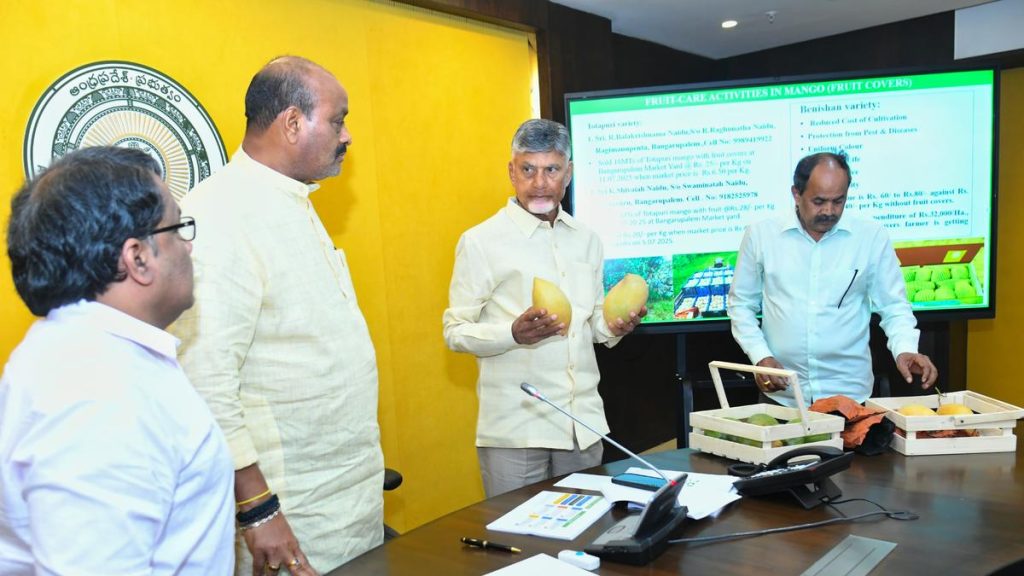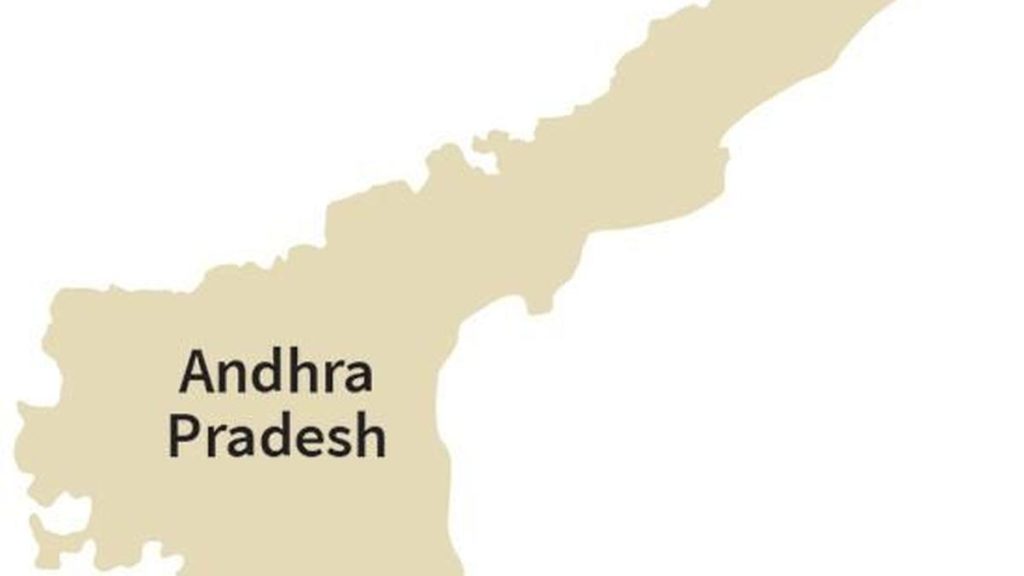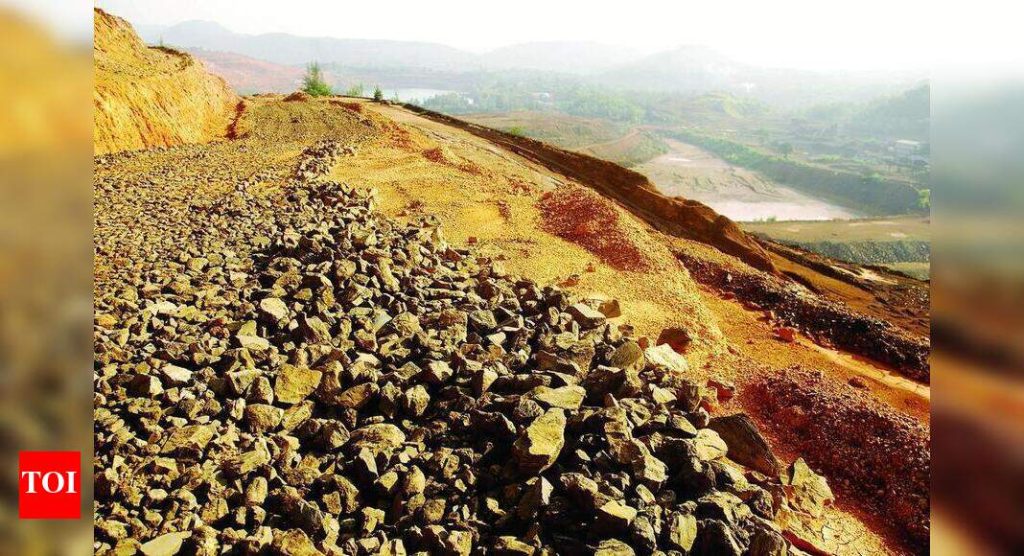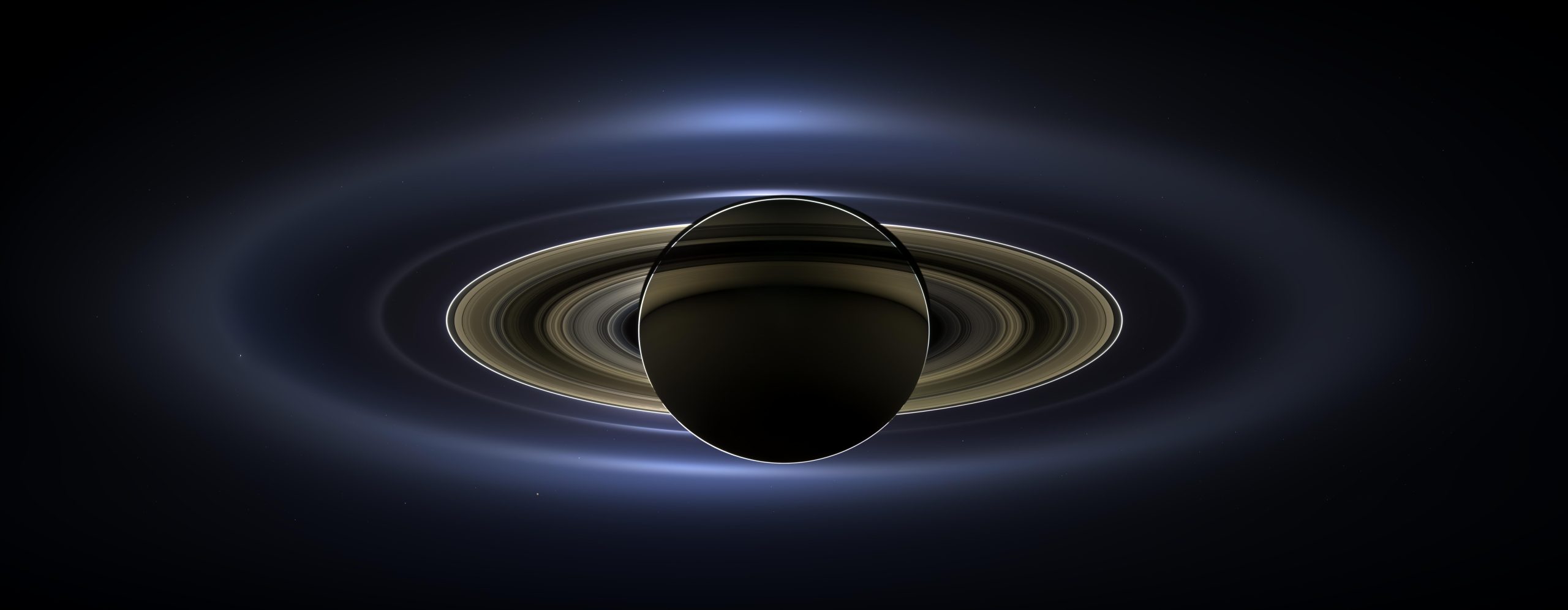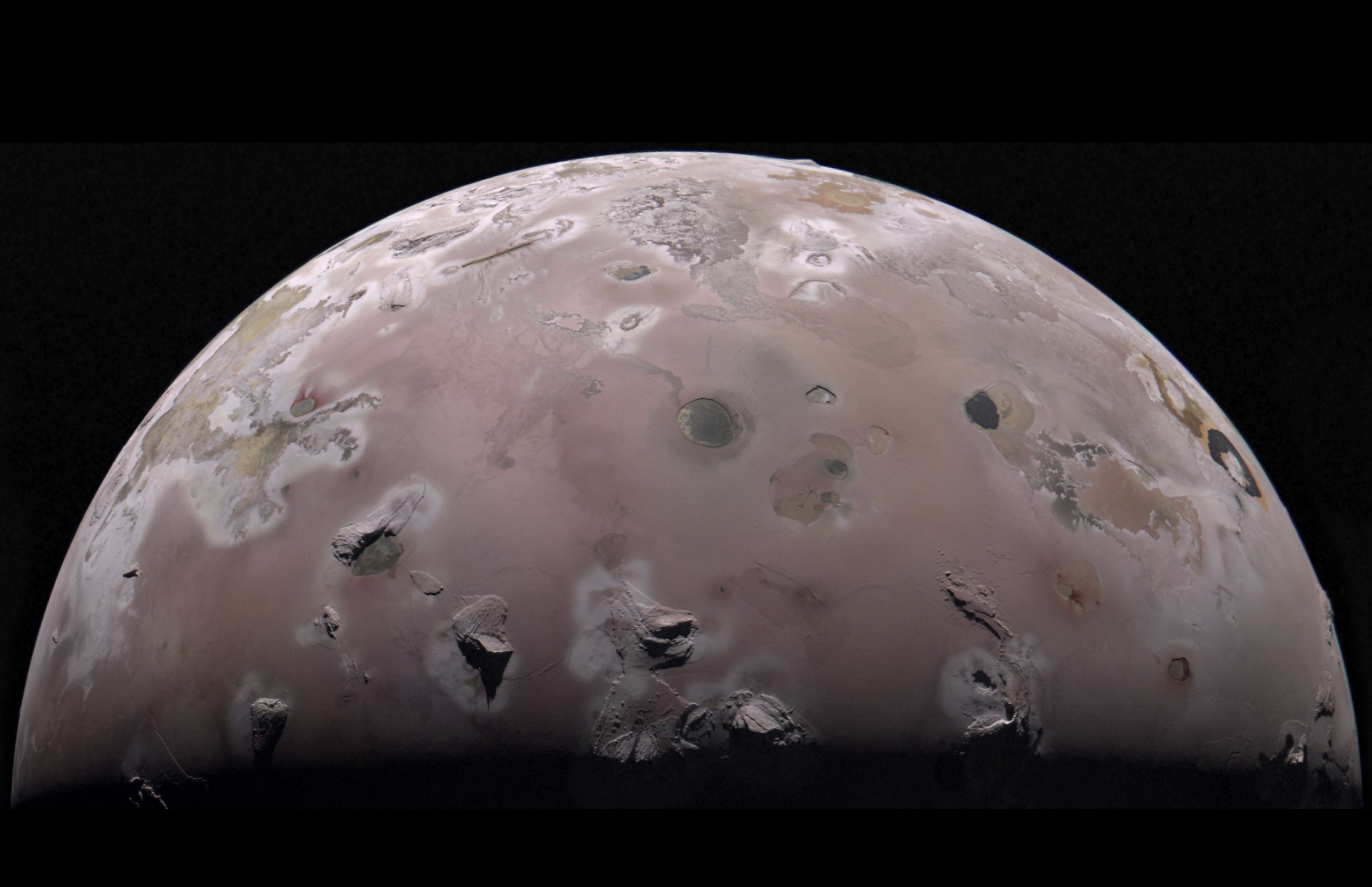Now Reading: NASA eClips Brings Global Science Insights to Chesapeake
-
01
NASA eClips Brings Global Science Insights to Chesapeake
NASA eClips Brings Global Science Insights to Chesapeake
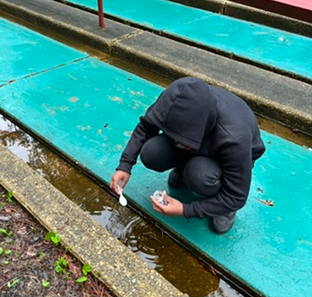
Fast Summary
- On June 16-17, 2025, the NASA eClips team visited Camp Young in Chesapeake, Virginia, a Title I camp program serving Norfolk Public Schools.
- Lessons focused on macroinvertebrates and plankton, with mosquitoes highlighted as indicators of climate and habitat change.
- Students explored environmental data collection through NASA’s GLOBE program by identifying mosquito larvae and tracking the insects’ breeding environments.
- Activities included using scientific tools like microscopes to analyze samples collected from the Elizabeth River waterfront.
- Campers experienced real science by engaging in hands-on learning rather of theoretical discussions about ecosystems.
- The NASA eClips project aims to increase STEM literacy through standards-based videos and lessons supported by cooperative agreements under NASA’s Science Activation Portfolio.
Indian Opinion Analysis
While this educational initiative occurred outside India, its emphasis on STEM literacy offers valuable insights for policymakers and educators within India. With India’s growing need for environmental conservation efforts alongside advancements in STEM education,such programs could serve as models. Citizen science initiatives like those inspired by NASA’s GLOBE program have immense potential to engage local communities in monitoring climate-related changes across diverse habitats-from the Himalayas to coastal regions. India already has numerous opportunities for hands-on learning due to its varied ecosystems-adopting similar methods could empower students while fostering scientific curiosity at grassroots levels.


